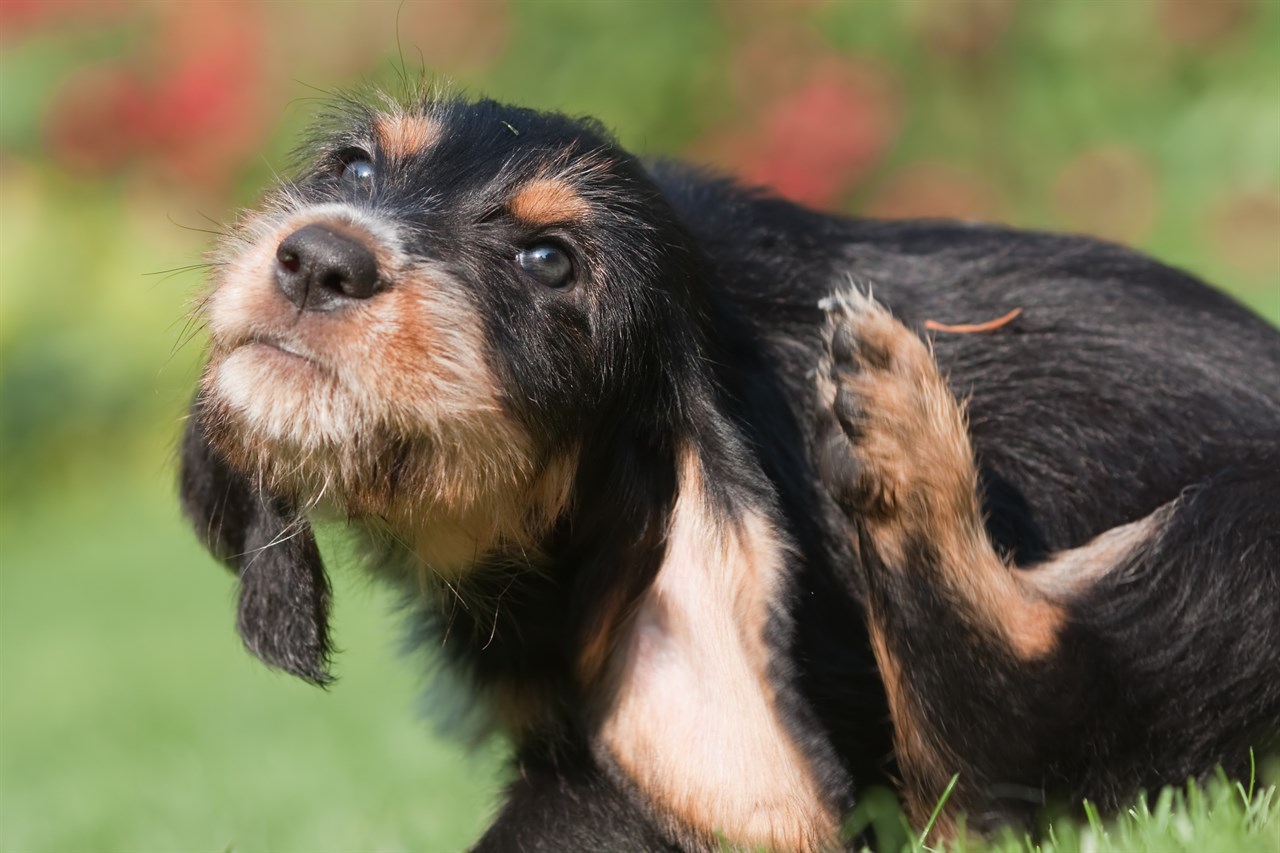Exercise Requirements of the Otterhound

Otterhounds are active and energetic dogs with a love for the outdoors. Meeting their exercise needs is essential to keep them healthy, happy, and well-behaved. Here's an overview of the exercise requirements of the Otterhound.
How Much Exercise Does an Otterhound Need?
Otterhounds are a medium to large breed with a fair amount of energy, and their exercise needs reflect this. On average, an Otterhound typically requires:
- Daily Exercise: Aim for at least 60 to 90 minutes of exercise each day. This should include a mix of physical activities and mental stimulation.
- Outdoor Adventures: Otterhounds thrive on outdoor adventures. Long walks, hikes, and exploring new environments are all great choices for them. They are known for their tracking abilities, so consider engaging them in activities that tap into their natural instincts.
- Playtime: Otterhounds enjoy playtime, so providing them with toys and interactive games can be an excellent way to meet their exercise needs. Games of fetch or tug-of-war can be particularly enjoyable for them.
- Swimming: Many Otterhounds love water and are excellent swimmers. If you have access to a safe and clean body of water, like a lake or river, consider allowing them to swim, which provides both exercise and mental stimulation.
- Mental Stimulation: Otterhounds are intelligent dogs, and mental stimulation is just as important as physical exercise. Puzzle toys, obedience training, and scent work can keep their minds engaged.
It's important to note that individual Otterhounds may have slightly different exercise requirements based on their age, health, and personality. Some may be more active than others. Additionally, Otterhound puppies may have bursts of energy followed by long naps, so it's essential to provide a balance of play and rest for growing puppies.
Exercise Safety Tips
While providing exercise is important, safety should always be a priority:
- Avoid Overexertion: Be mindful of your Otterhound's physical condition and avoid overexerting them, especially in hot or humid weather.
- Leash Training: Otterhounds have a strong prey drive, and they may be inclined to chase small animals. Ensure they are well-trained on a leash to prevent sudden dashes.
- Socialisation: Proper socialisation from a young age is essential. It not only helps with their behaviour but also ensures they are comfortable around other dogs and people during outdoor activities.
- Hydration: Provide plenty of fresh water during and after exercise, especially on warm days.
- Joint Health: Otterhounds are prone to certain joint issues, so avoid activities that put excessive strain on their joints, particularly while they are still growing.
In conclusion, Otterhounds are active dogs that require daily exercise, mental stimulation, and outdoor adventures to stay happy and healthy. By providing them with regular physical and mental activities and ensuring their safety, you can meet their exercise needs while fostering a strong bond with your furry friend.
Otterhound puppies for sale
- Find Otterhound puppies for sale in ACT
- Find Otterhound puppies for sale in NSW
- Find Otterhound puppies for sale in NT
- Find Otterhound puppies for sale in QLD
- Find Otterhound puppies for sale in SA
- Find Otterhound puppies for sale in TAS
- Find Otterhound puppies for sale in VIC
- Find Otterhound puppies for sale in WA